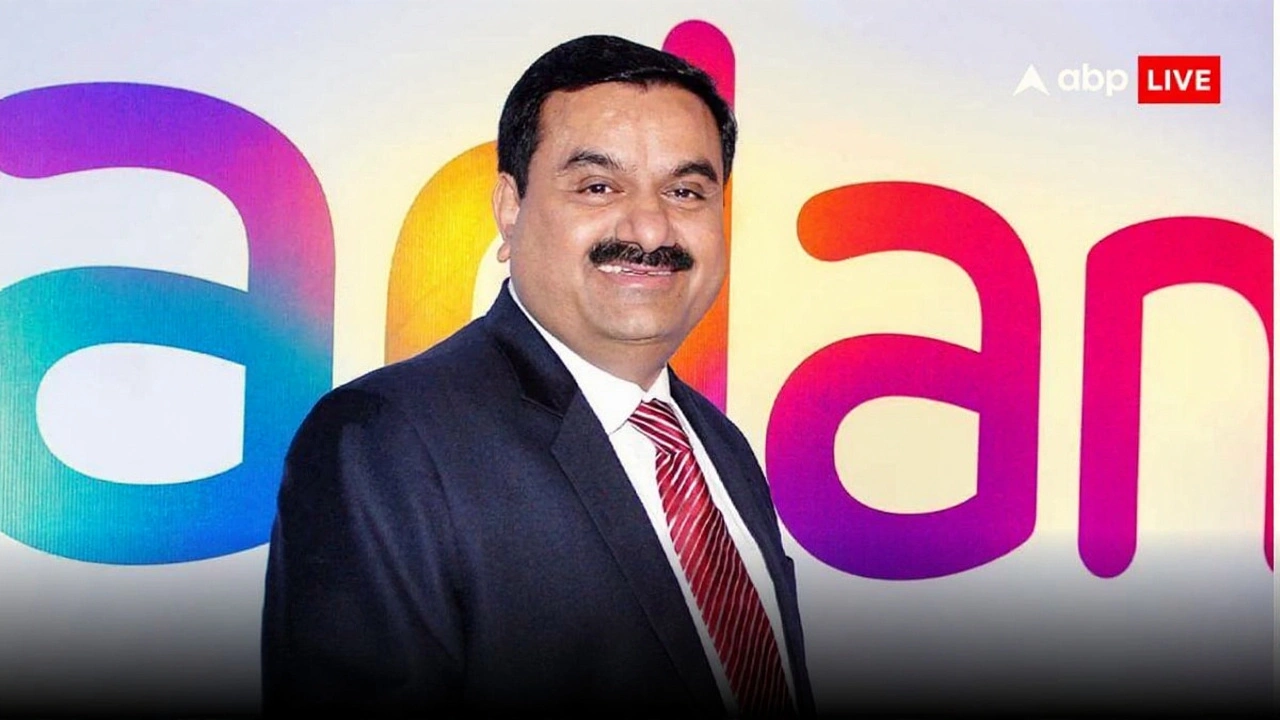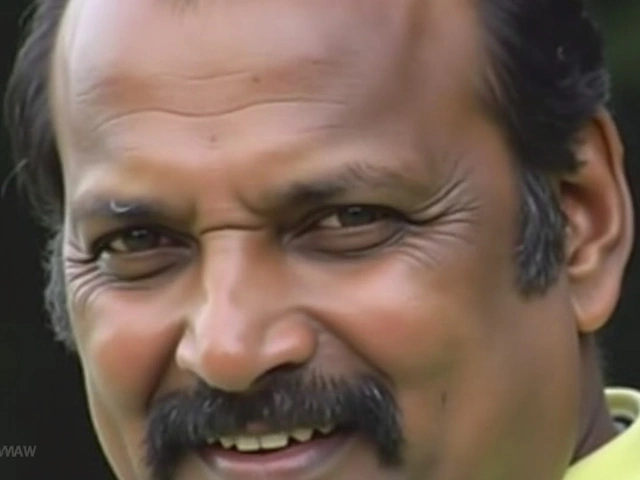When PepsiCo Inc. sent a delegation from its New York office to sit down with the Aggarwal family, the newsrooms in Delhi and Mumbai lit up like it was a blockbuster launch.
The talks, confirmed by multiple sources on January 15, 2025, aim at acquiring a minority share in Haldiram Snack Foods, India's biggest ethnic‑snacks maker. While PepsiCo wheels in its global snack brands, Haldiram controls a sprawling distribution network that reaches over 100 countries.
Background: How Haldiram Became a Snack Giant
Founded in Bikaner, Rajasthan’s iconic town, Haldiram grew from a modest shop in the 1930s to a multi‑billion‑rupee empire. In fiscal year 2024 the company logged a revenue of ₹12,800 crore, more than double the ₹5,954.16 crore that PepsiCo India Holdings reported for the nine‑month period ending December 2023.
Its catalog now spans 500 varieties of namkeen, sweets, ready‑to‑eat meals, and non‑carbonated beverages, shipped to markets from the United Kingdom to the United States and the Middle East. A March 2024 funding round sold roughly 10 % of the firm to a consortium that included International Holding Company (IHC), Alpha Wave Global and Singapore’s Temasek Holdings, valuing the business at just over $10 billion.
Recent Negotiations: PepsiCo Joins the Bidding Queue
According to the Economic Times on January 8, 2025, Temasek initially led a bid for a 10 % slice worth more than $1 billion. Now PepsiCo has entered the mix, sending senior executives straight from New York to meet the Aggarwal family. The dialogue is still in the “preliminary” phase; no term sheet has been signed, and both sides have declined to comment publicly.
What makes this round interesting is the history of missed deals. The Aggarlaws turned down a December 2024 offer to sell 10‑15 % of their holdings, and earlier attempts by Mondelēz International, Kellogg’s and Tata Consumer Products all fizzled out. Even former PepsiCo CEO Indra Nooyi reportedly tried to clinch a stake years ago, but valuation gaps stalled the deal.
Market Context: Why Ethnic Snacks Matter
India’s packaged‑snacks market was valued at ₹42,694.9 crore in 2023. Analysts project it will swell to ₹95,521.8 crore by 2032 – a compound annual growth rate of nearly 9 %.
Traditional namkeen alone commands about 50 % of the salty‑snacks segment, a share that grew after the COVID‑19 pandemic spurred consumers to gravitate toward sealed, hygienic packs. For PepsiCo, whose Indian snack portfolio includes Lay’s, Kurkure, Doritos and Quaker, a foothold in the ethnic‑snacks arena could plug a glaring gap.
Stakeholder Reactions
Haldiram’s chief executive, KK Chutani, offered a terse "no comment" when asked about the ongoing talks. Industry watchers, however, are busy piecing together the puzzle.
"Even a minority stake would hand PepsiCo unprecedented access to Haldiram’s pan‑India distribution network," said Rajiv Malhotra, a senior analyst at BloombergNEF. "The real value is not the cash infusion but the synergy between a global snack giant and a domestic cultural icon."
Meanwhile, Temasek’s spokesperson noted that the fund remains committed to the Indian snack space, but declined to speculate on the impact of PepsiCo’s entry.

Strategic Implications for PepsiCo
PepsiCo’s history in the Indian snack market dates back to 2000, when it bought the Uncle Chipps brand from Amrit Agro Ltd. That move gave it a foothold in tier‑2 and tier‑3 towns, a play that still resonates today. In 2016‑17, Doritos nachos were launched to broaden its western‑snack appeal.
The new negotiations could be viewed as a modern‑day repeat of the 2013 Balaji Wafers saga, where Nooyi’s enthusiasm also ran into valuation disagreements. This time, however, the company is seeking a minority position – likely a sweet spot that lets it leverage Haldiram’s reach without triggering a full‑scale merger.
What Comes Next?
Experts say the next 60 days will be pivotal. If PepsiCo can agree on price and governance terms, a deal could close by mid‑2025, aligning with the company’s FY‑26 growth targets for the region.
Should the talks stall, the Aggarwal family may revisit the earlier offers from Temasek or Alpha Wave Global, or possibly explore a public listing to raise capital without ceding control.
Key Takeaways
- PepsiCo is in direct, confidential talks with the Aggarwal family for a minority stake in Haldiram Snack Foods.
- Haldiram reported ₹12,800 crore revenue FY‑24, dwarfing PepsiCo India’s recent nine‑month earnings.
- The Indian snack market could double in size by 2032, making the sector a hotbed for global investors.
- Previous attempts by PepsiCo and other multinationals to partner with Haldiram have failed, mainly over valuation.
- A successful deal would give PepsiCo instant access to a pan‑India distribution network and the fast‑growing ethnic‑snacks segment.
Frequently Asked Questions
How will a PepsiCo stake affect Haldiram’s product range?
PepsiCo is likely to introduce its global snack innovations through Haldiram’s extensive dealer network, while preserving the brand’s core Indian flavours. Analysts expect co‑branded products and cross‑promotion, but Haldiram will retain creative control over its traditional lines.
What does the deal mean for smaller Indian snack manufacturers?
The partnership could tighten competition, as PepsiCo’s marketing muscle may outpace local players. However, it could also spur consolidation, prompting smaller firms to seek niche markets or strategic alliances to stay viable.
Why are global investors keen on India’s snack sector now?
India’s middle class is expanding rapidly, and urbanisation is boosting demand for convenient, hygienic snack options. The sector’s projected CAGR of close to 9 % through 2032 offers attractive returns compared with more mature markets.
Could this lead to a full acquisition of Haldiram by PepsiCo?
At present, both sides are focusing on a minority stake, which suggests they want to test the waters first. A full takeover would likely require a much higher valuation and could trigger regulatory scrutiny, so it remains a long‑term possibility rather than an immediate goal.
What timeline can investors expect for a final agreement?
Industry insiders say that if price and governance terms are aligned, a deal could be signed by June 2025, with closure and integration steps extending into early 2026.



